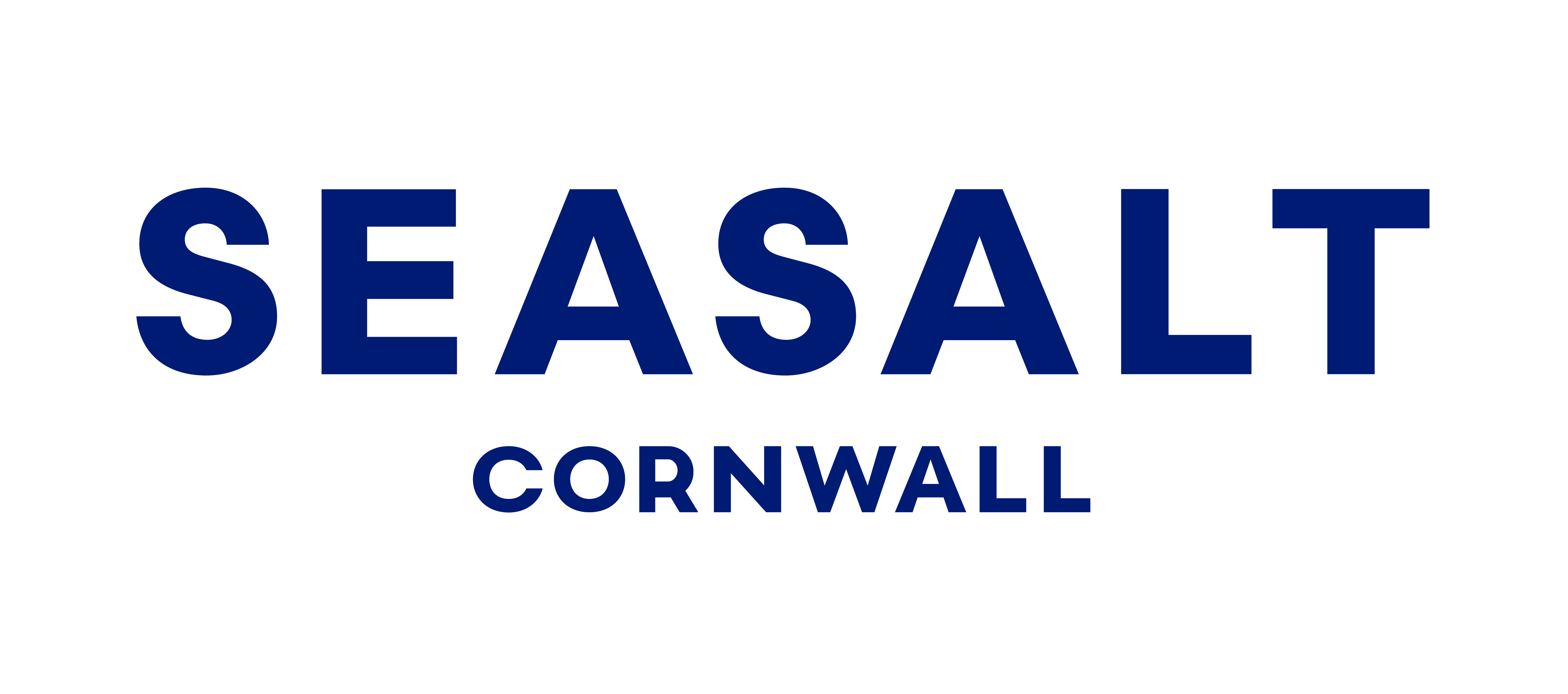

Seasalt Holdings Limited

Cornwall, United Kingdom
July 2024
Apparel
Wholesale/Retail
Ireland,
United Kingdom,
United States
Seasalt is a contemporary clothing brand that takes inspiration from the landscape and artistic heritage of its coastal home in Cornwall, England. Founded in 1981, the brand has always been committed to operating in an honest and responsible way. Designed to inspire a ‘Life Worn Well’, Seasalt’s brand philosophy is to inspire creative, confident dressing while looking out for people and the environment. A long-standing commitment to keeping informed decision making at the heart of everything they do means that every Seasalt collection is made to love and last, in quality textiles that wash and wear beautifully. The Seasalt design team is continually working on new and innovative fabrics, always striving to find more environmentally conscious options, and only working with suppliers that meet strict ethical standards. Seasalt’s ambitious environmental and social targets include increasing the use of certified sustainable materials in their products year on year and transitioning to become a Carbon Net Zero business by 2040. Seasalt is a full member of the Ethical Trading Initiative (ETI), is GOTS organic certified and has set validated Science Based Targets to reduce impact on the environment.
Overall B Impact Score
Governance 17.1
Governance evaluates a company's overall mission, engagement around its social/environmental impact, ethics, and transparency. This section also evaluates the ability of a company to protect their mission and formally consider stakeholders in decision making through their corporate structure (e.g. benefit corporation) or corporate governing documents.
What is this? A company with an Impact Business Model is intentionally designed to create a specific positive outcome for one of its stakeholders - such as workers, community, environment, or customers.
Workers 26.6
Workers evaluates a company’s contributions to its employees’ financial security, health & safety, wellness, career development, and engagement & satisfaction. In addition, this section recognizes business models designed to benefit workers, such as companies that are at least 40% owned by non-executive employees and those that have workforce development programs to support individuals with barriers to employment.
Community 19.4
Community evaluates a company’s engagement with and impact on the communities in which it operates, hires from, and sources from. Topics include diversity, equity & inclusion, economic impact, civic engagement, charitable giving, and supply chain management. In addition, this section recognizes business models that are designed to address specific community-oriented problems, such as poverty alleviation through fair trade sourcing or distribution via microenterprises, producer cooperative models, locally focused economic development, and formal charitable giving commitments.
Environment 32.4
Environment evaluates a company’s overall environmental management practices as well as its impact on the air, climate, water, land, and biodiversity. This includes the direct impact of a company’s operations and, when applicable its supply chain and distribution channels. This section also recognizes companies with environmentally innovative production processes and those that sell products or services that have a positive environmental impact. Some examples might include products and services that create renewable energy, reduce consumption or waste, conserve land or wildlife, provide less toxic alternatives to the market, or educate people about environmental problems.
What is this? A company with an Impact Business Model is intentionally designed to create a specific positive outcome for one of its stakeholders - such as workers, community, environment, or customers.
Customers 4.4
Customers evaluates a company’s stewardship of its customers through the quality of its products and services, ethical marketing, data privacy and security, and feedback channels. In addition, this section recognizes products or services that are designed to address a particular social problem for or through its customers, such as health or educational products, arts & media products, serving underserved customers/clients, and services that improve the social impact of other businesses or organizations.